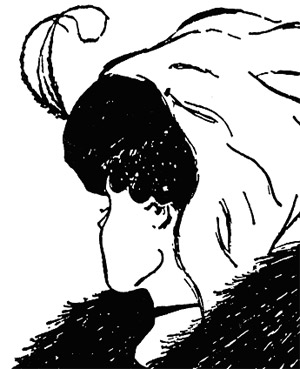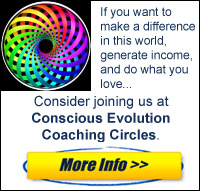“Drive safely,” my son Bill said as I was getting ready to leave our family get-together in Saint Marys, Georgia. He was the third family member who had said that to me.
I replied with a bit of irritation, “I am a safe driver.” Then, noticing my own abruptness and recognizing that Bill’s intentions were good, I added, “But I appreciate your thought. There are an awful lot of people on the road who don’t pay attention to their driving. Please hold the thought that the people who aren’t careful drivers stay out of my path.”
About 20 minutes out of Saint Marys, an unexpected question suddenly popped into my mind. Had I remembered to pack the power cord for my computer or had I left it plugged in at the motel? At first, I wasn’t going to stop, but then I figured it was better to check than to arrive home after a five-hour drive, only to discover I didn’t have it.
I pulled over to the side of the road, popped the trunk, got out and unzipped my suitcase and computer case. Sure enough, the cord was right where it should have been. Two minutes later, I was back on the road.
The drive was uneventful until I got to I-75 just below Ocala. Suddenly, all traffic in all three lanes came to a dead halt. Nothing moved for almost two hours.
I couldn’t see a thing. One motorist who had gotten out of his car reported that helicopters were dropping down to the roadway ahead of us. Another said that there had been a three-vehicle crash, and lifelines were pulling people from demolished vehicles.
When traffic finally began moving again, about two miles down the road I passed what was left of the wreck: one totally trashed vehicle, a pickup truck, a camper, and belongings strewn all over the side of the road. At the next rest stop, a woman said that according to OnStar, someone had been killed.
Two minutes. Two miles. Except for my stop to check for my computer cord, I could well have been in that accident with one of those less than careful drivers.
Did this chain of events have anything to do with my parting conversation with Bill? Where did the thought about my computer cord come from and why did I unexpectedly stop for two minutes along the way? Are our thoughts and intentions simply instantaneous energy exchanges that manifest desired results in unexpected ways?
I don’t ever expect to know the answer to those questions, but this strange series of apparently unrelated thoughts and events surely produced a strange synchronicity that may have saved my life.





Comment